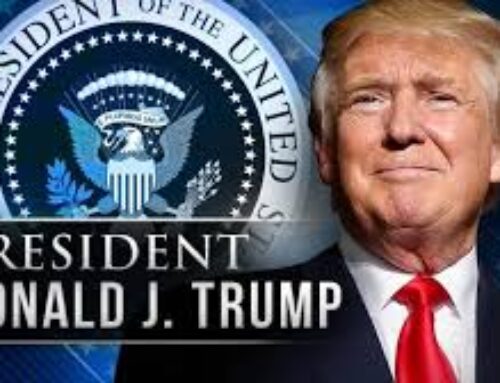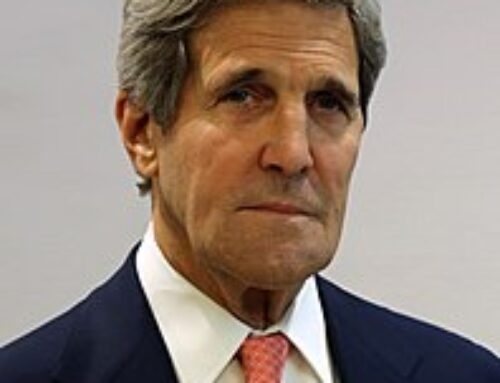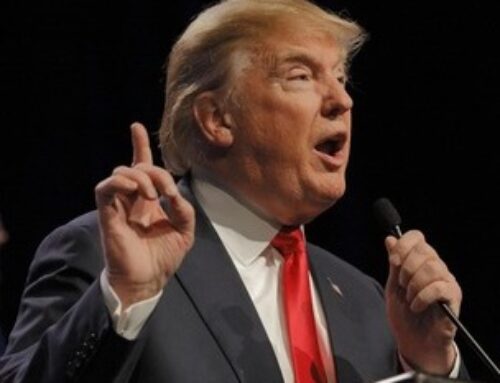
Media pundits were excited by the announcement. That got me wondering. Is a “clean” bill such a rarity in Washington that it occasions exhilaration? If so, that must mean that the vast majority of bills are, in contrast, dirty, impure, contaminated, dishonest, or all of the above.
It’s no secret that the purpose of offering “unclean” bills is to get measures passed that might not be able to stand on their own. For example, measures that benefit the sponsor’s constituents, especially influential ones, at the expense of other citizens. Such measures, popularly known as “pork,” serve mainly to ensure that the sponsors get re-elected. Here are some actual examples:
$98,257 for a shuttle from a Virginia congressman’s hometown to D.C.
$200,000 for a tattoo removal program in California
$951,500 for energy efficient street lights in Detroit
$1.24 million for tree snake control in Guam
$1.9 million for water taxi service at Pleasure Beach, CT
$15 million as a gift for Ireland
It would be bad enough to have this kind of costly nonsense thriving at a time when the government was running in the black. But the U.S. has an 18 trillion dollar debt, and it keeps growing all the time.
The solution to the problem of unclean bills is to enact a rule banning all riders to House or Senate bills. In other words, to require that any bill submitted in either congressional body be limited to a single topic or issue and to forbid the addition of any matter not directly related to that topic or issue.
In other words, legislators would no longer be permitted to add a rider for funding a “green” energy initiative to a bill renaming a postal facility; or a rider creating a program promoting tolerance for transsexuals to a bill sanctioning countries that violate the civil rights of their citizens; or a rider for granting illegal aliens amnesty to a bill supporting a vital national security program.
Banning all unrelated riders to congressional bills would deprive legislators of the lame excuse that they have to accept “pork” in order to fund essential services. Lacking that excuse, they might be more motivated to put the public interest above personal aggrandizement and legislative quid pro quos, and to be more responsible in spending taxpayers’ money. They might also gain the courage to resist petty partisan politics and work toward reasoned compromise with their colleagues across the aisle.
In short, making “clean” legislation the rule rather than the exception would be an excellent first step in achieving the governmental reform the country so desperately needs.
Copyright © 2015 by Vincent Ryan Ruggiero. All rights reserved



